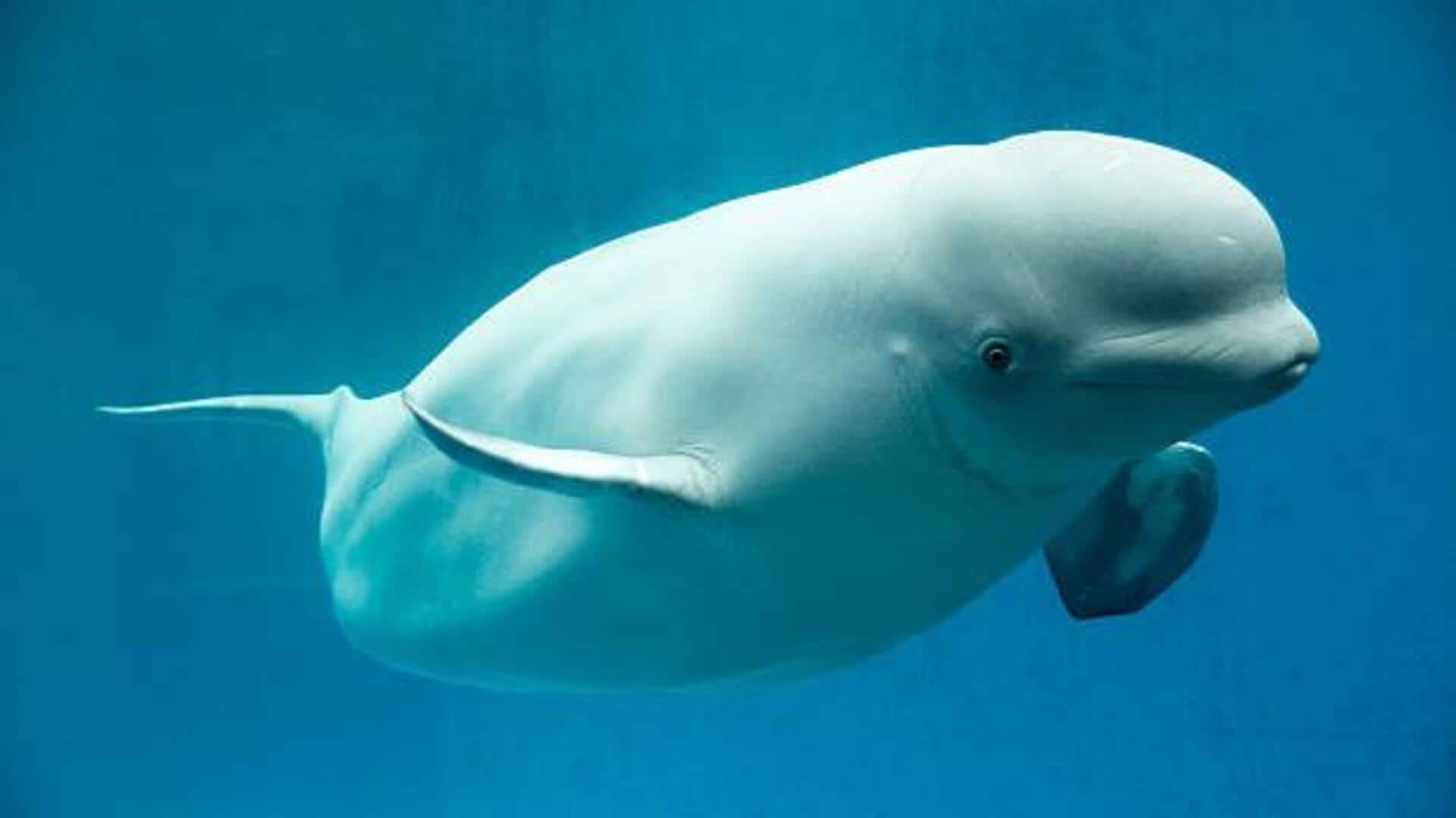
Wildlife enthusiasts: Don't miss this adorable whale experience
What's the story
Beluga whale whispering is a once-in-a-lifetime adventure that lets you get up close and personal with these beautiful animals in the wild Arctic.
This isn't just about seeing belugas in their natural environment - it's about understanding their world and why it's so important to protect it.
You'll learn about beluga behavior, how they communicate, and the threats they face from climate change.
Preparation
Preparing for your Arctic journey
Before you embark on your beluga whale whispering adventure, make sure you're well-prepared.
The ideal time to visit is between late June and early September when belugas migrate to the Arctic waters.
It's also essential to pack the right cold-weather gear. Temperatures can drop significantly.
Wear waterproof and layered clothing. It will keep you comfortable and protect you from the cold.
Selection
Choosing the right tour operator
Choosing a reliable tour operator is crucial for a safe and enjoyable experience.
Opt for companies that emphasize sustainability and ethical wildlife interactions.
They should have well-informed guides who can share fascinating insights about belugas while maintaining utmost care not to disturb or stress the whales with human presence.
Checking reviews and seeking recommendations are helpful in making an informed decision.
Interaction
The art of beluga whispering
Beluga whispering isn't about getting up close and personal with the whales; it's about observing their behaviors and giving them the space they need to feel comfortable.
Guides instruct participants on how to understand beluga sounds and movements, fostering a deeper connection between humans and whales.
Tranquility and patience are key. By encouraging quiet observation, natural curiosity can unfold from both sides without causing harm or distress.
Conservation
Contributing to conservation efforts
Beluga whale whispering: By participating in this adventure, you are directly contributing to marine conservation.
Many tour operators work in partnership with research institutions, donating a percentage of their revenue to fund research on beluga populations, habitat conservation, and the impacts of climate change.
Visitors are encouraged to become ambassadors, sharing their experiences and newfound knowledge to raise awareness about the urgent need to protect our marine ecosystems.
Tips
Essential tips for responsible wildlife tourism
When participating in wildlife tourism activities like beluga whale whispering, it's important to be a responsible visitor.
Follow your guide's instructions, keep a respectful distance from the animals, avoid making loud noises, never feed or touch them, use binoculars for closer views without causing disturbance, and practice "leave no trace" principles by taking all your belongings with you after your visit.